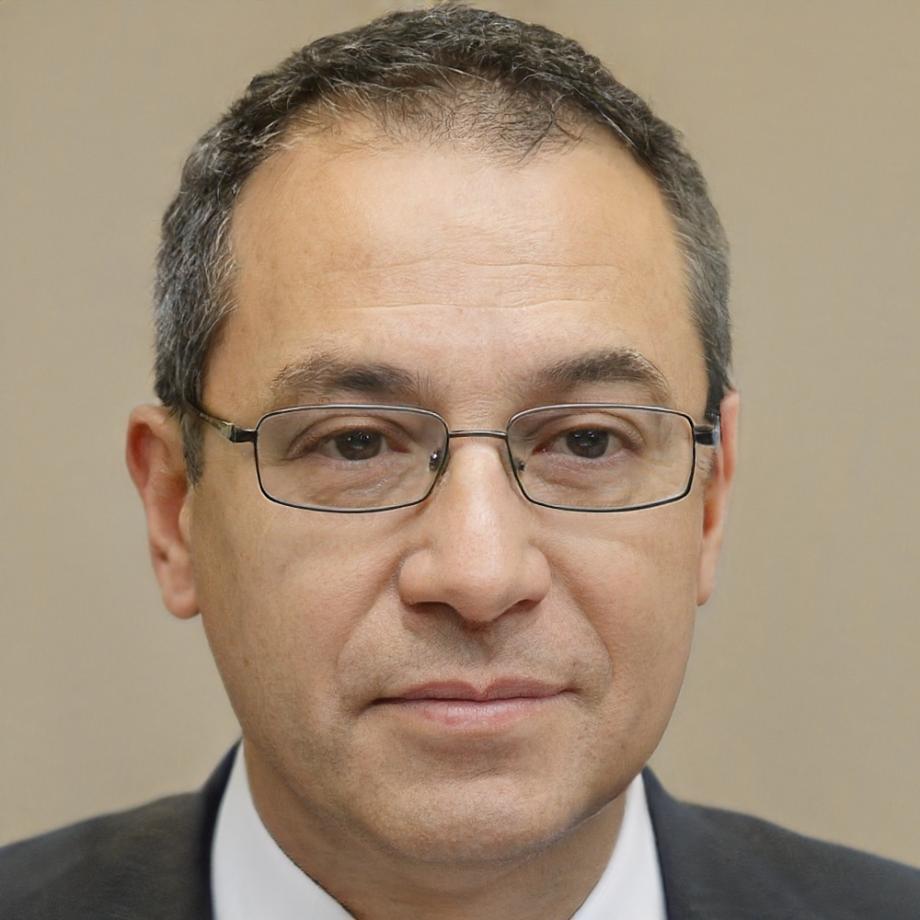Making Remote Budget Learning Actually Work
Learning to manage money from home isn't about fancy apps or complicated systems. It's about finding what fits your life and sticking with it long enough to see real change.
Building Your Learning Space
Your environment shapes how well you absorb financial concepts. These aren't rules—just observations from people who've made it work.
Pick One Spot
You don't need a home office. A corner of the kitchen table works if you use it consistently. Your brain starts associating that space with focus.
Time Blocking
Most people find 25-minute chunks more realistic than hour-long sessions. Budget basics don't require marathon study—they need regular attention.
Manage Distractions
Phones are the biggest culprit. Try leaving yours in another room during learning time. Yes, it feels weird at first.
Physical Notes
Writing things down by hand helps retention. Keep a simple notebook for key concepts and your own observations about your spending patterns.
Natural Light
If you can position yourself near a window, do it. Artificial light all day can drain your energy faster than the material itself.
Clear Goals
Start each session knowing what you want to understand by the end. "Learn about budgeting" is too vague. "Understand where my money goes each month" gives you direction.
The Reality of Self-Paced Learning
Remote learning sounds flexible until you realize flexibility can become procrastination. Here's what actually happens when people succeed at learning budget management on their own schedule.
They create structure anyway. The successful ones set specific days and times. They treat it like an appointment with themselves that matters.
- Schedule learning sessions like meetings—they're less likely to get pushed aside
- Start with two 30-minute sessions per week rather than ambitious daily goals
- Review your actual spending while learning—theory makes more sense with real numbers
- Join online communities where people share their progress and setbacks
- Track what you learn, not just what you plan to learn
A Realistic Learning Path
This isn't a promise of quick results. It's a framework that's worked for people who started with zero financial knowledge and ended up with solid budget foundations.
Weeks 1-2: Just Track
Don't try to change anything yet. Just write down every purchase for two weeks. You'll spot patterns you never noticed—that's when real learning begins.
Weeks 3-4: Learn Categories
Start understanding the difference between needs and wants. This sounds simple but gets complicated fast when you're looking at your actual life.
Weeks 5-8: Build Your First Budget
Create spending limits based on your tracking data, not ideal numbers from a blog post. Your budget should reflect reality, then gradually improve it.
Weeks 9-12: Adjust and Learn
Your first budget will be wrong. Everyone's is. The skill is in adjusting it based on what actually happened, not what you hoped would happen.
Tools That Actually Help
You don't need expensive software. Most people overcomplicate this part. Here's what genuinely makes remote learning easier.
- A simple spreadsheet beats fancy apps if you'll actually use it consistently
- Set calendar reminders for weekly budget reviews—they're easy to skip otherwise
- Keep a questions document for confusing concepts to research later
- Find one reliable source rather than jumping between multiple programmes
- Use your phone's screenshot feature to capture helpful examples you find
- Create a simple filing system for bills and statements you need to reference

What Makes Remote Learning Work
I've watched hundreds of people try to learn budget management remotely. The ones who succeed aren't necessarily the most disciplined or naturally good with numbers. They're the ones who accept that learning happens in small, consistent chunks rather than dramatic breakthroughs.
The biggest mistake? Trying to learn everything before taking action. Start applying basic concepts to your own finances immediately. You'll understand tracking better after one week of doing it than after reading ten articles about it.
And here's something nobody talks about—remote learning is lonely. The people who stick with it usually find some form of accountability, whether that's an online group, a friend learning alongside them, or just regular check-ins with themselves in a journal. Learning alone is hard. Making yourself accountable somehow makes it more sustainable.
Callum Thornbury
Budget Education Coordinator